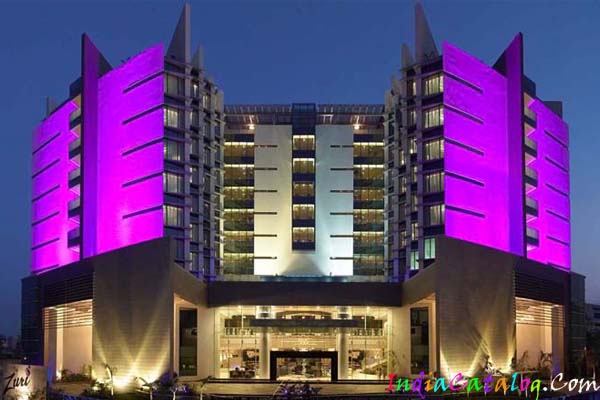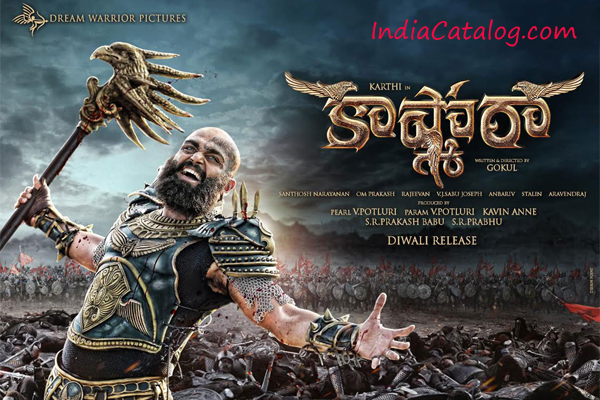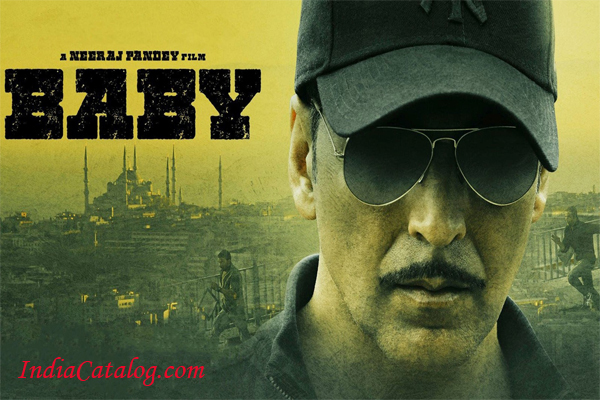Caste census will be incorporated into the national census: Union Cabinet
.webp)
Caste census will be incorporated into the national census, Minister of Information and Broadcasting Ashwini Vaishnaw said on Wednesday.
Addressing a Cabinet press briefing, Vaishnaw said, "Cabinet Committee on Political Affairs (CCPA) has decided today that caste enumeration should be included in the forthcoming census."
Commenting on the discourse around the caste census, Vaishnaw criticised the opposition INDIA bloc for trying to use it as a political tool, stating, "It is well understood that Congress and its INDI alliance partners have used the caste census only as a political tool."
"Such surveys created doubts in society. To ensure that our social fabric is not disturbed by politics, caste enumeration should be included in the census instead of surveys," he added.
"Caste enumeration should be transparently included in the census instead of the survey," the minister said.
Census vs survey
Vaishnaw also clarified that any data produced on caste or population has been from surveys, not an official census. Adding that only the central government can conduct a census.
A census gathers data from every individual in a population, whereas a survey collects data from a sample or subset of the population.
As per article 246 of the Constitution of India, the subject Census is listed at 69 in the Union list in the Seventh Schedule, Vaishnaw stated, adding that according to the Constitution of India, "census is a Union subject".
"Some states have conducted surveys to enumerate castes. Some states have done this well, while some others have conducted such surveys purely from a political angle in a non-transparent way," Vaishnaw said.
National census delayed since 2021
The Centre is expected to resume the national census this year after a four-year delay, following the postponement of the 2021 census due to the Covid-19 pandemic. This delay has already caused a significant shift in India’s traditional census timeline, which has been conducted every decade since 1951.
Political parties, including the Congress, have been advocating for a caste-based census to gain a clearer understanding of the Other Backward Classes (OBC) population. This was also a critical component of the INDIA bloc's election campaign during the Lok Sabha polls last year. Caste-based reservation for OBCs in government jobs and educational institutes is based on the 1931 census.
Discussion on the national census has also renewed focus on the scheduled 2026 delimitation exercise, which could lead to a recalibration of parliamentary seat allocations based on updated census data.
India’s last census, held in 2011, recorded a population of 1.21 billion, with rural areas accounting for 68.84 per cent of the population and urban areas making up 31.16 per cent. Uttar Pradesh was the most populous state, while Lakshadweep had the lowest population among Union Territories.

.webp)
.webp)
.webp)
.webp)
.webp)
.webp)
.webp)
.webp)
.webp)
.webp)















